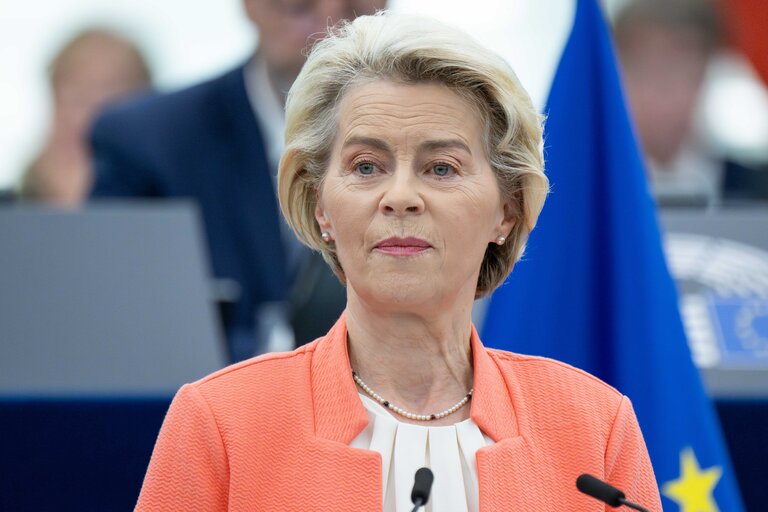John O’Brennan (Maynooth University)
After many years of stagnation, the EU enlargement process has experienced a significant revival in 2023. As a result, the October European Council summit meeting in Grenada, Spain, is expected to produce consequential decisions on the EU’s relationship with the Western Balkan countries, Moldova and Ukraine. The next meeting of the European Political Community will take place on 5 October 2023. European Council President, Charles Michel, recently called for the EU to be ready for new accessions by 2030. German Chancellor Olof Scholz has called for major EU institutional reform in preparation for further enlargement. Enlargement also featured centrally in this week’s State of the Union speech by Commission President, Ursula von der Leyen.
Von der Leyen stated emphatically that the completion of the Union was a high priority for her and the Commission. The justifications she presented for further enlargement included the desire to avoid political fragmentation in Europe, the need to bolster Europe’s geopolitical standing in the world and the impulse to create a wider club of democratic nations. She also stressed that enlargement was consistent with the EU’s historic mission of uniting the continent and supporting the deepening of pluralist norms of partnership and cooperation. Although the speech was short on specifics she did outline an intention by the Commission to include candidate states in the EU’s annual rule of law evaluations, in order to place candidate states ‘on an equal footing with member states’. Von der Leyen also dismissed the notion that further widening of the EU might compromise the process of internal deepening, arguing that ‘we can and we must do both’. This was an explicit reference to the EU’s ‘absorption capacity’, i.e. the ability of the EU to absorb new members while ensuring the decision-making process is not impaired by the addition of up to 8 new states by the middle of the next decade.
Whatever the scale of the Commission’s ambitions to speed up the enlargement process, the reality, however, is that it is the member states that call the shots in this sphere. For many years the exercise – formally and informally – of member state vetoes of specific candidate states has meant that the accession negotiations have been characterised by inertia and incessant bickering. Bulgaria’s continuing objections to North Macedonia constitute a case in point.
The task now facing the EU is to revive and give substance to the enlargement process. This is as much about preparing internal reforms to ensure smooth decision-making as it is about the highly demanding adoption of EU standards which candidate states have to complete in order to make progress in the negotiations. Arguments about money and institutional power will continue to ensure the accession negotiations will remain contentious for years to come.
John O’ Brennan is a professor and Jean Monnet Chair of European Integration at Maynooth University. He is also Director of the Maynooth Centre for European and Eurasian Studies, a Jean Monnet Centre of Excellence (2020-2023) which will host a workshop on further EU Enlargement on 6-7 October 2023.
Image Credits: © European Union 2023 – Source : EP
The views expressed in this blog reflect the position of the author and not necessarily that of the Brexit Institute Blog.



